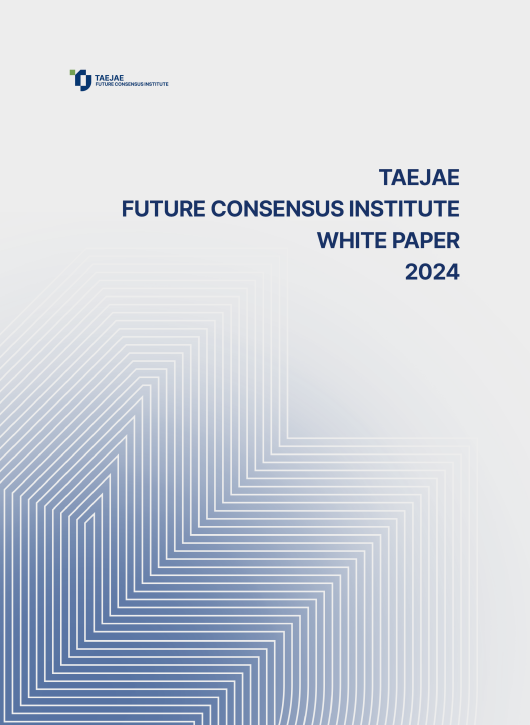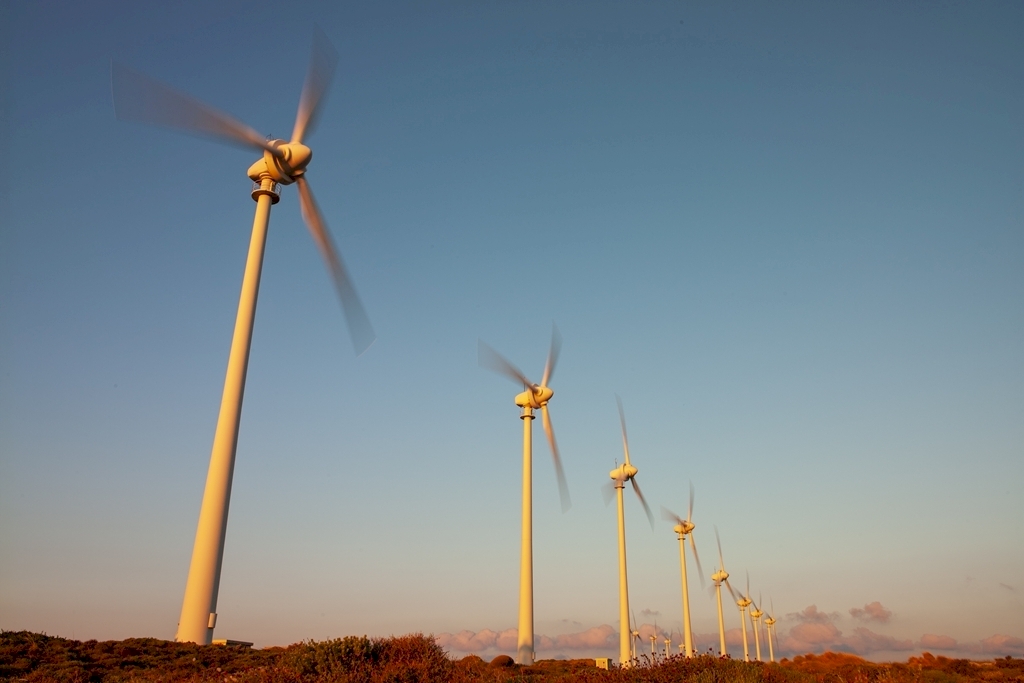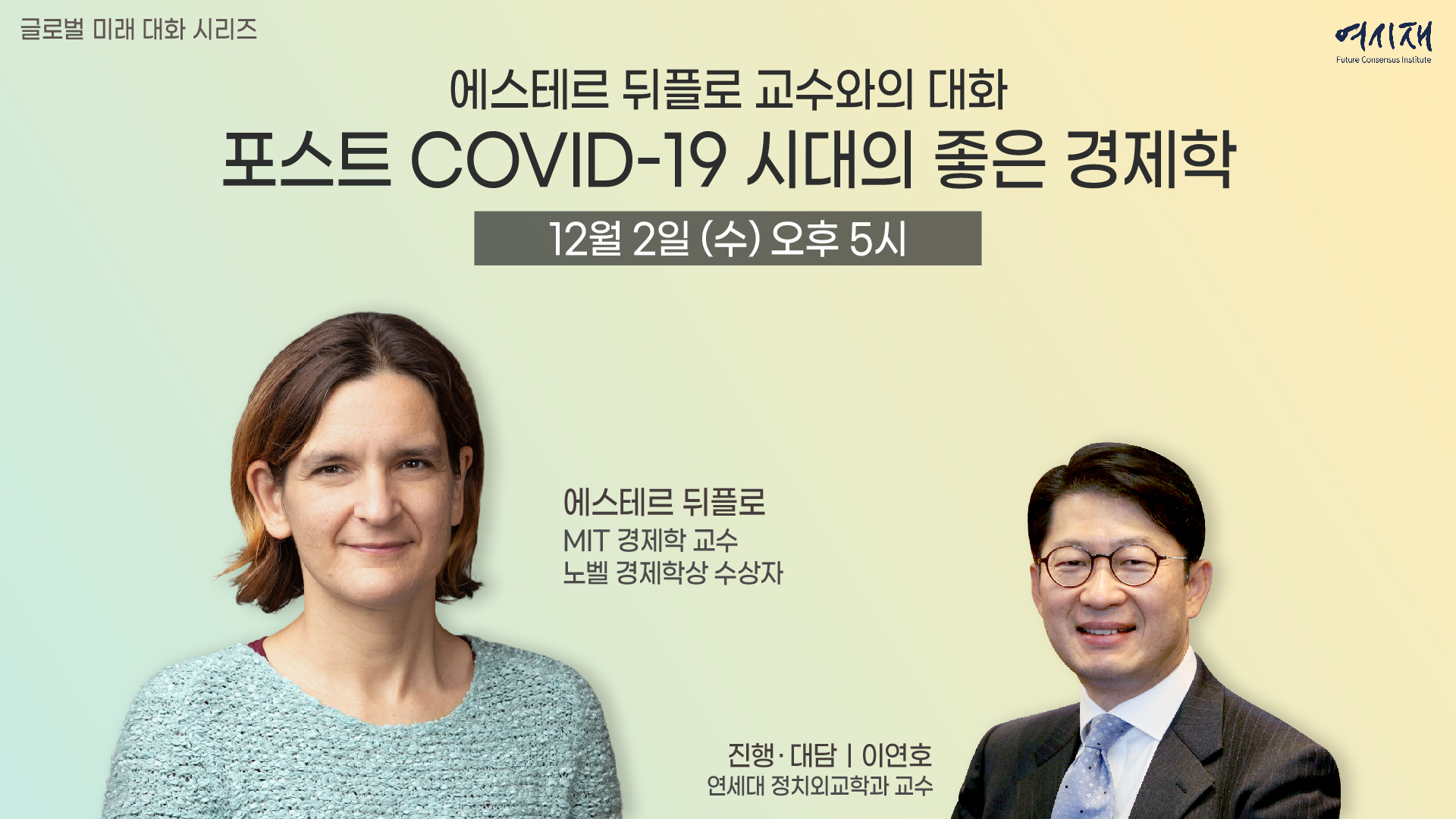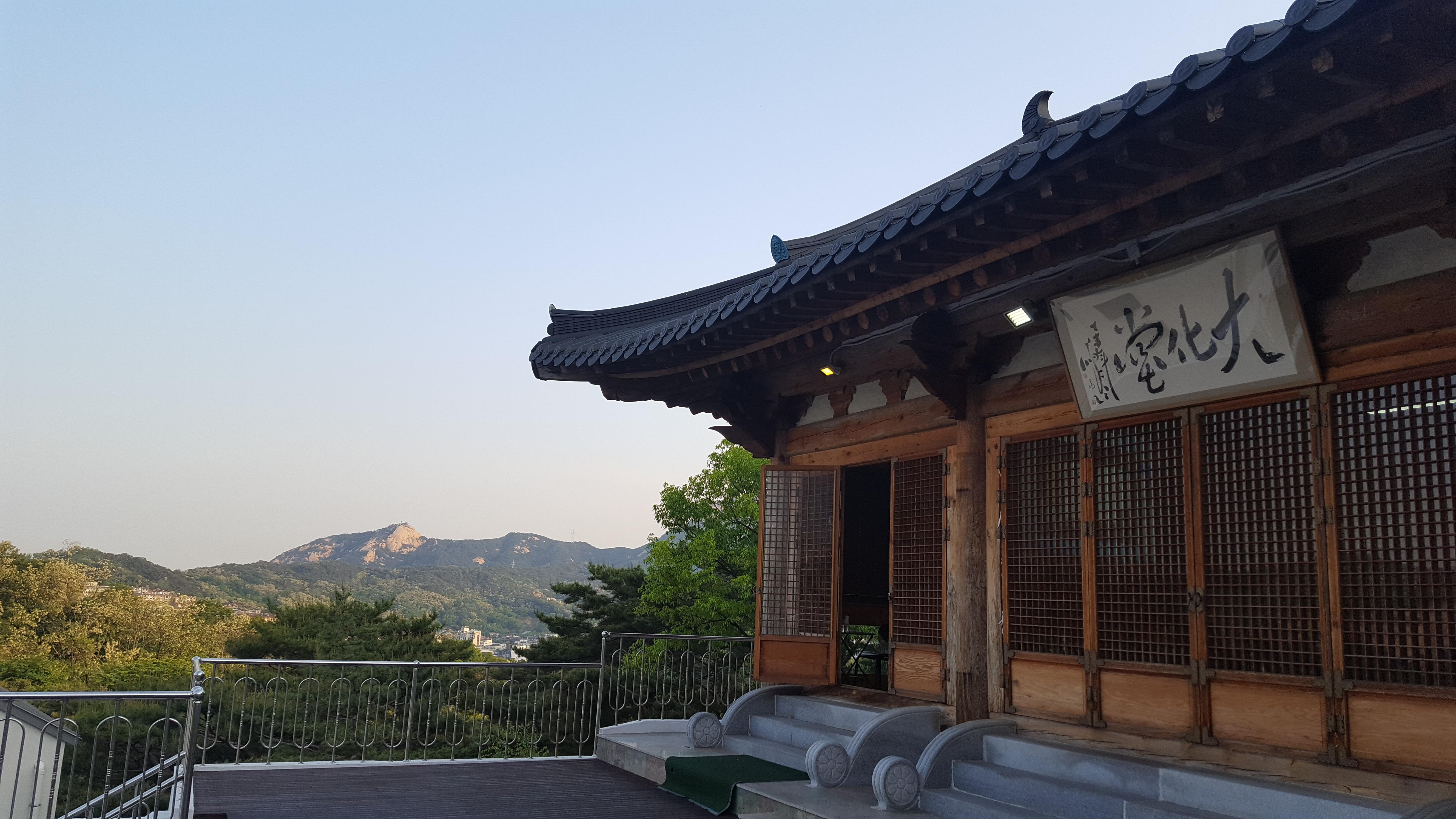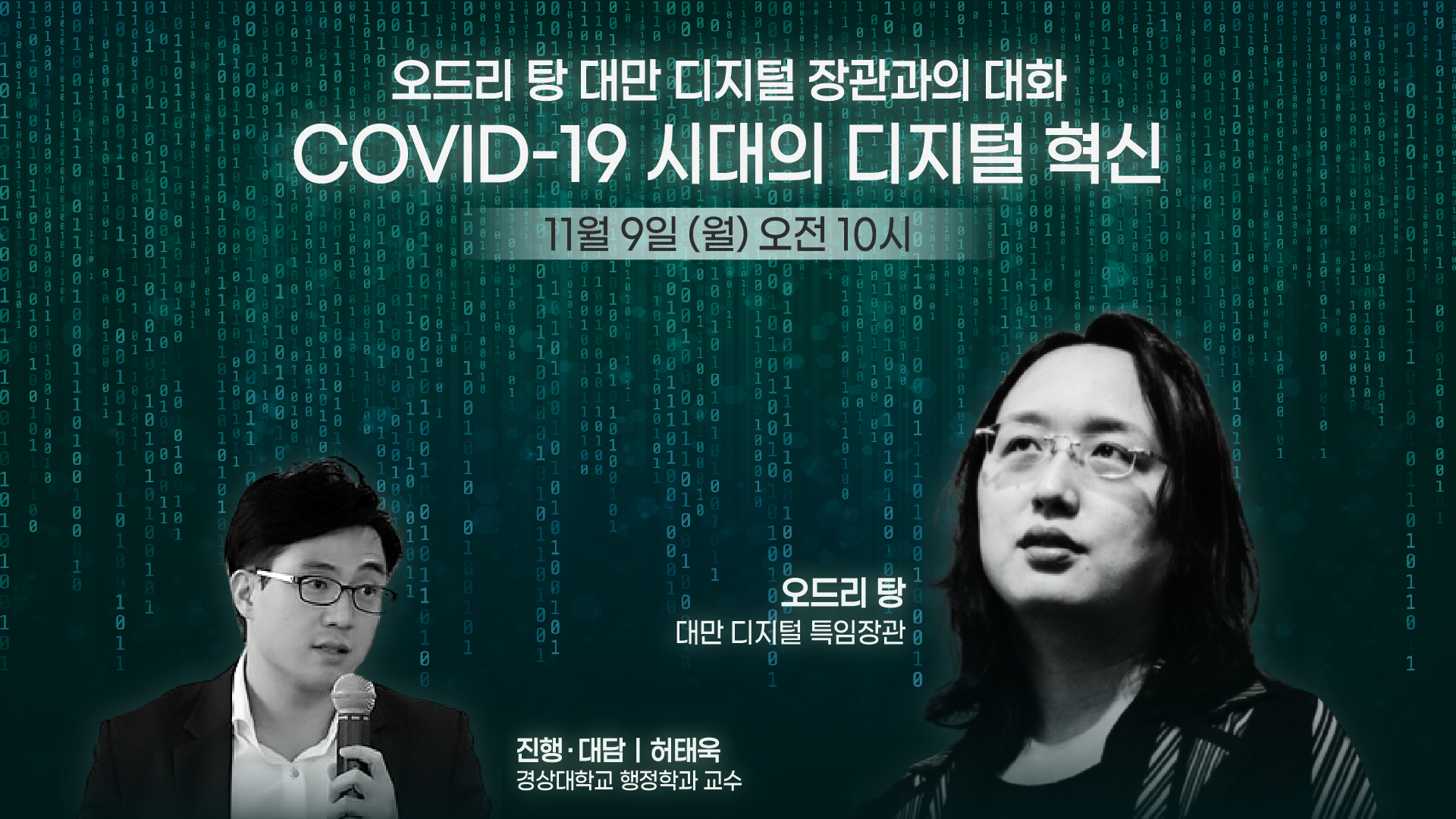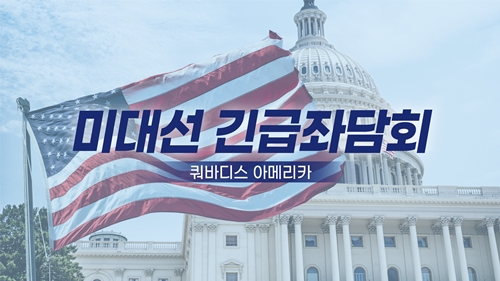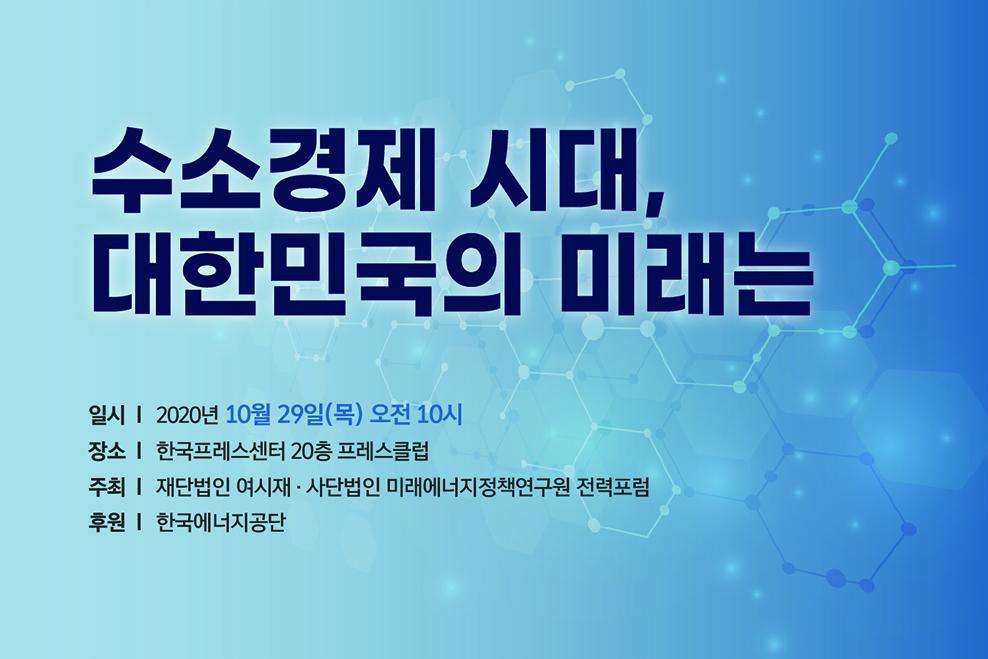Please join Yeosijae as we build a brighter future for Korea. Create your account to participate various events organized by Yeosijae.
- Insights
- |
- Digital Society
[New Governance in the Digital Era①] Consultative Power Shared by All

Several pandemics have existed in the world throughout human history, but none of it was as distressing or far-reaching as the current COVID-19 in its scope or influence. Due to the high level of globalization and increased interdependence of the international community, the variant of common coronavirus ultimately altered the global landscape on an unprecedented scale. It exposed the limitations of the existing system in all areas of politics, economy, and society, and impressed on us a stark sense of urgency that maintaining the status quo simply isn’t enough to secure the future. There is now a growing consensus that the global community as a whole is confronted with a set of severe crises such as the rising danger of synergistic epidemics, climate change, war, and political instability. Meanwhile, powerful Fourth Industrial Revolution technologies have emerged in the recent years, providing the foundation for change: a fundamental change in our daily lives, the topography of power, and the operating mechanisms of the society. In short, humanity now faces the great challenge of creating a new social contract amid the unsustainability of the current system based on these new technologies.
From the beginning of its establishment, Taejae Academy has been researching methods to innovate key national fields that are essential for Korea to leap into a top-notch society. We proposed necessary policies for the development of Korean society, and set agenda in the direction that Korean society should pursue. However, facing the deep and wide changes accelerated by the pandemic, we decided a more proactive and convergent approach was necessary.
We now present a vision of an ideal future, along with what to prepare and what steps to take in order to make it come true. To begin, we held a series of seminars to examine the changes triggered by Web 3.0 and blockchain technology, and to consider the potential of decentralized autonomous organization (DAO) as a new organizational model of the future. Just as Gutenberg's printing press triggered the Reformation and led to the Enlightenment, blockchain technology, the most advanced record system in existence, has the potential to solve the crises facing humanity and open a new order. We start with some fundamental questions: What changes can be expected if blockchain is applied to society as a whole? What do we need to consider in order for the blockchain technology to be used for the public good?
The DAO era, based on the blockchain technology, is characterized by horizontal participation, transparency, and openness. On the contrary, the modern industrial society operates on a rigid, hierarchical structure to maximize efficiency. Within it, individuals disappear into the background and the solidarity that once supported our society has evidently loosened. The new DAO structure provides an opportunity for individuals who have lost their power to re-emerge as the main body of the organization. We explore the future of governance in an era where anyone can easily create organizations with different values and purposes without being constrained by time and space.
A summary of the presentations and main discussions of the two seminars can be found in the attached file.
< Copyright holder © TAEJAE FUTURE CONSENSUS INSTITUTE, Not available for redistribution >

